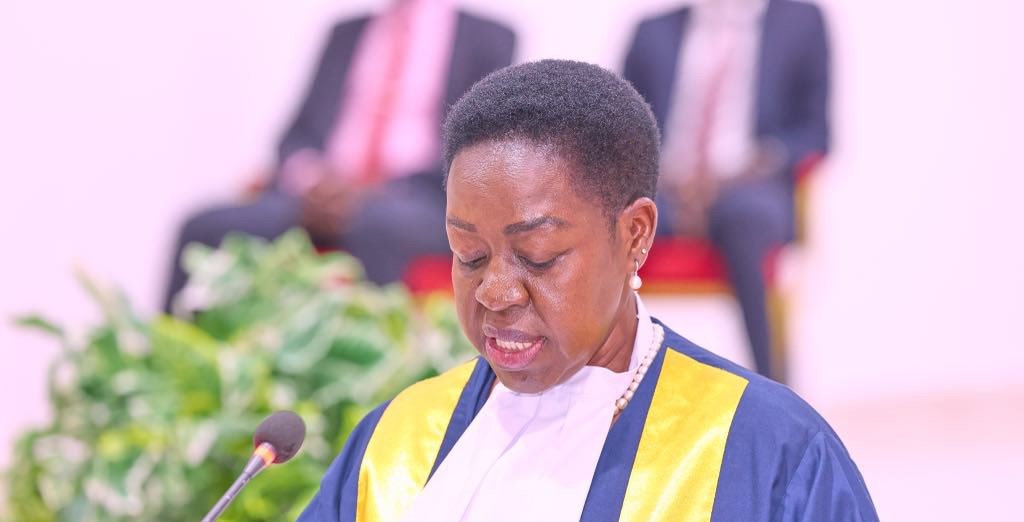South Sudan’s lawmakers resumed parliamentary sessions Wednesday with a packed agenda, as the country grapples with delays in the implementation of the 2018 peace agreement and mounting public demands for reform.
After a six-month recess, members of both legislative houses reconvened amid calls to address pressing national issues, including stalled peace processes, budget approvals, and preparations for elections slated for December 2026.
Juol Nhomngek Daniel, an opposition lawmaker from Cueibet County, told Radio Tamazuj that the session must prioritize public interests over political disputes.
“The issue is no longer about MPs—it’s about the whole country,” said Nhomngek, a member of the Sudan People’s Liberation Movement-In Opposition (SPLM-IO). “There are many crises, so MPs cannot push for their interests without addressing the public’s needs.”
He said parliament should address the house arrest of SPLM-IO leader Riek Machar, who also serves as first vice president, as well as the absence of key opposition figures, including the first deputy speaker of the national assembly.
“We need to open parliament to see what is going on because there are many problems,” Nhomngek said. “Democratic crises have arisen while parliament was not working.”
He also urged lawmakers to challenge arbitrary detentions, asking, “Why are people being arrested and held without charges?”
Peter Lomude Francis, acting chief whip of the South Sudan Opposition Alliance (SSOA), stressed that full implementation of the peace deal is critical for a democratic transition.
“The parties must keep their promises,” Lomude said. “The extension period was meant to mobilize resources and implement outstanding issues. Now, people want to elect their leaders.”
He warned that undermining the peace agreement jeopardizes the government’s legitimacy.
John Agany, a lawmaker from the ruling SPLM party, said passing the 2025-2026 budget and finalizing a permanent constitution are top priorities.
“The government cannot function without a budget,” Agany said. “We must also address constitutional amendments to advance the peace process.”
He added that President Salva Kiir’s address would guide government priorities, emphasizing that “South Sudan cannot move forward without peace.”
Hellen Lokurnyang, an SPLM-IO legislator from Pibor Administrative Area, said they will prioritize passing the national budget and discuss the security situation in the country. When asked if MPs had received their allowances, she said, “We haven’t received our entitlements, but we won’t let that stop our work.”
Civil society groups urged lawmakers to prioritize election funding and passing the 2025/26 budget.
Dorothy Drabuga, a civil society member and executive director of the Women Foundation for Humanity, said the National Elections Commission must receive adequate funding in the next budget to prepare for the 2026 vote.
“Without money, the electoral process will fail,” she warned.
Drabuga also called for a national land policy to reduce conflicts and urged swift passage of an anti-gender-based violence bill.
She praised Kiir’s call for unity, saying, “If there is peace, all will be well. South Sudan’s divisions are tribal—we need peace and dialogue.”




